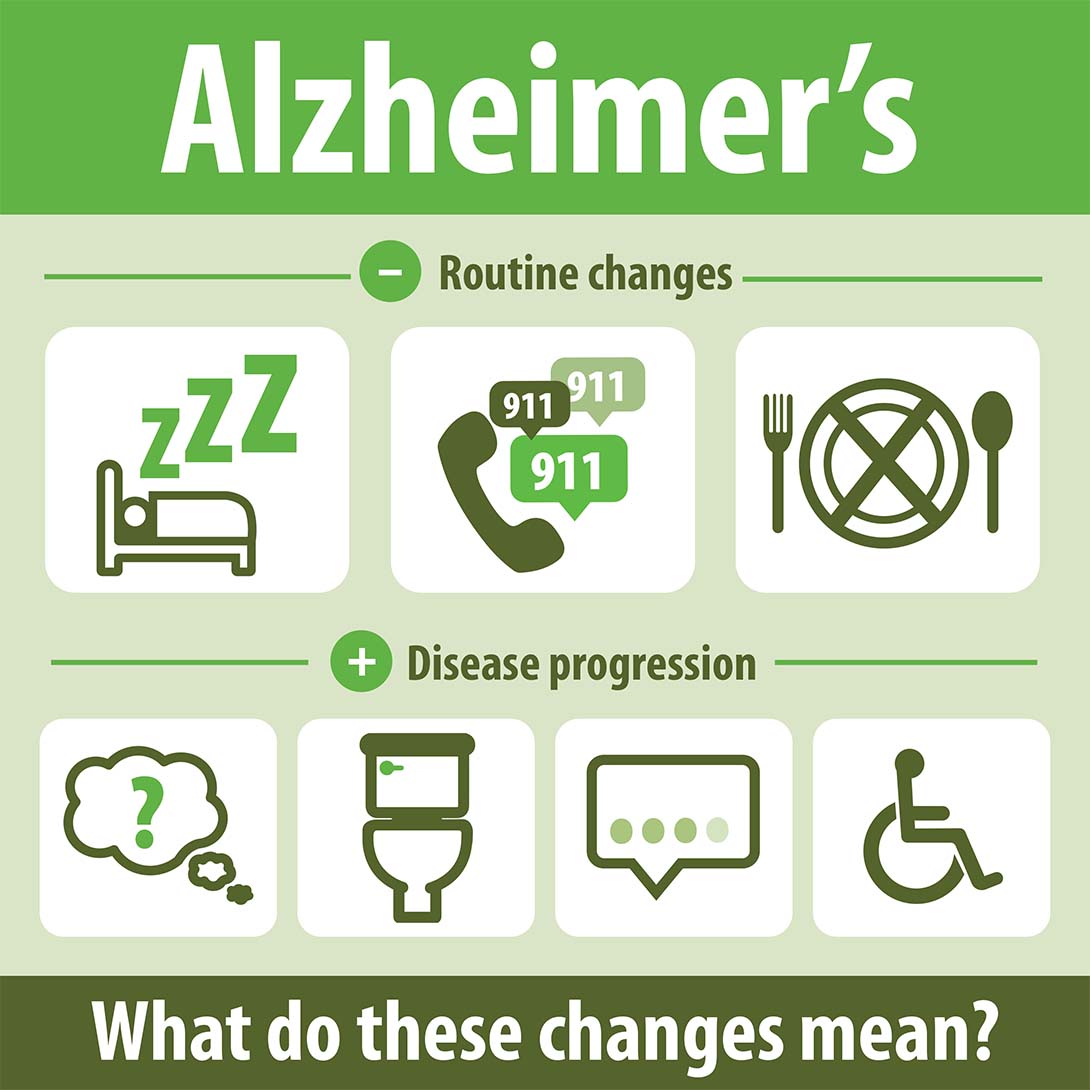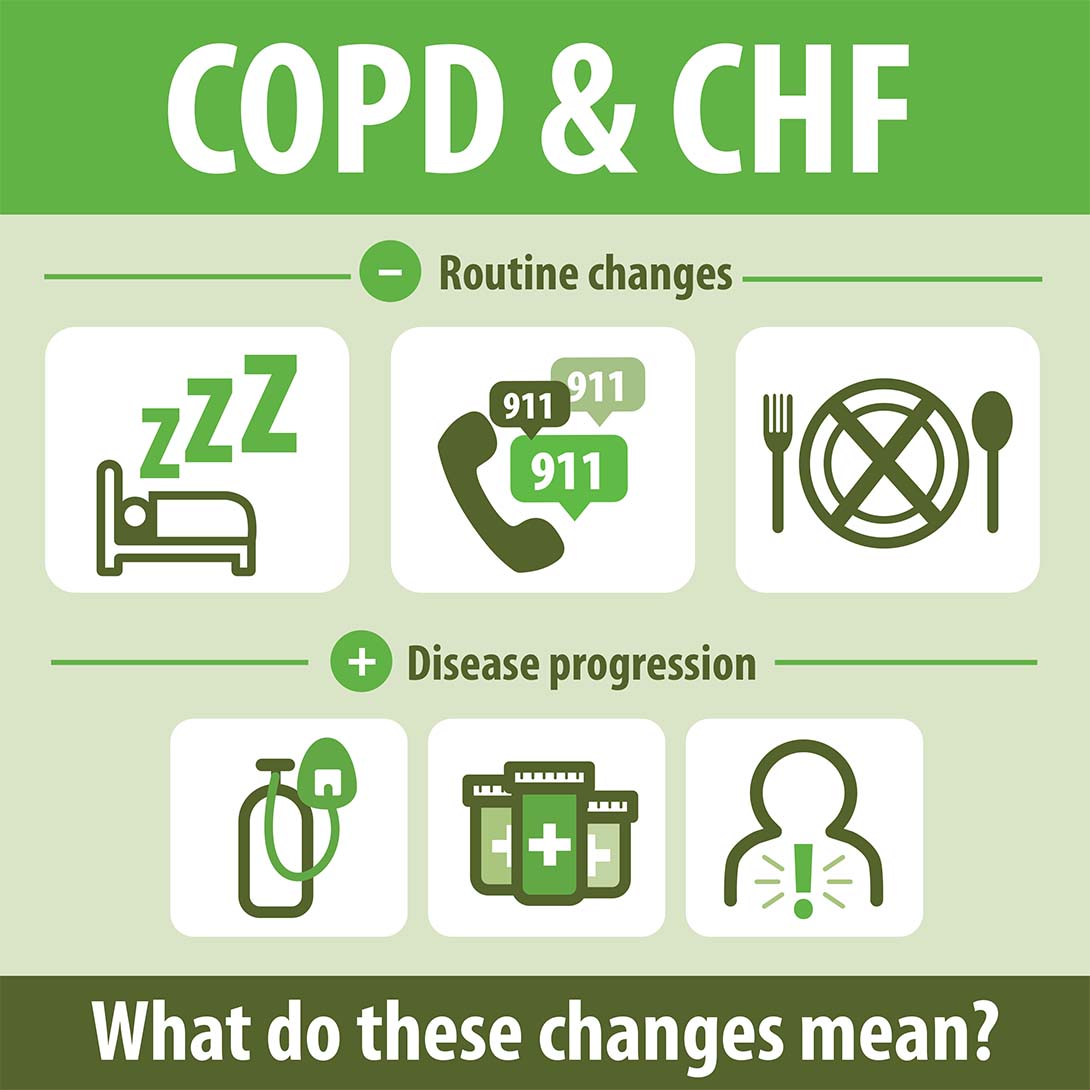Debunking Common Hospice Myths and Misconceptions
Hospice care provides a team of healthcare professionals to care for terminally ill patients, both supporting the efforts of family caregivers and providing essential services. Yet, many families do not use hospice care or simply wait until it is too late. This is largely due to a number of common hospice myths and misconceptions.
Today, Crossroads Hospice & Palliative Care will debunk a few of these myths about hospice.
Hospice Myth #1: Hospice is only for the last few days of life. – FALSE!
 Patients become eligible to receive hospice care when they have been diagnosed with six months or less to live, if their illness follows its typical course. Early admission to hospice allows the patient and their family to receive added support and services including:
Patients become eligible to receive hospice care when they have been diagnosed with six months or less to live, if their illness follows its typical course. Early admission to hospice allows the patient and their family to receive added support and services including:
- Pain and symptom management
- Emotional and spiritual support
- Medication, medical supplies, and medical equipment at no cost to the family
- Respite care
In addition, Crossroads offers unique programs to enhance quality of life including the Gift of a Day, Veteran’s Recognition, and Life Journals.
Hospice Myth #2: Hospice care is only provided in a special facility. – FALSE!
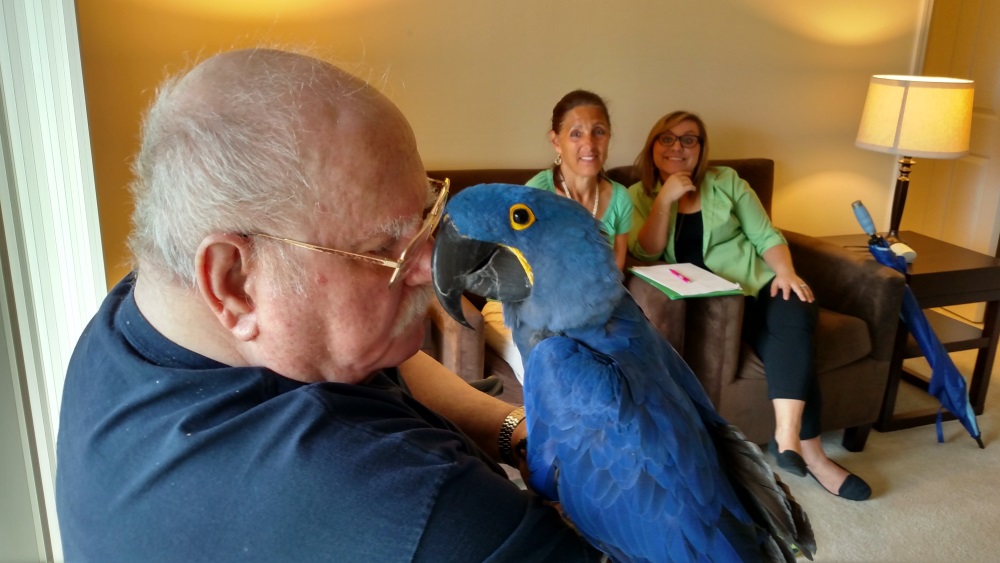
Hospice care is a service provided wherever the patient would like to receive it including their home, assisted living facilities, or nursing homes. While some patients do elect to receive hospice care in a hospital setting, many prefer to remain in their homes. The support of hospice care allows them to do so.
Hospice staff provides education to family caregivers on medication and symptom management, supporting them as they care for their loved ones.
Hospice Myth #3: Hospice care is expensive. – FALSE!
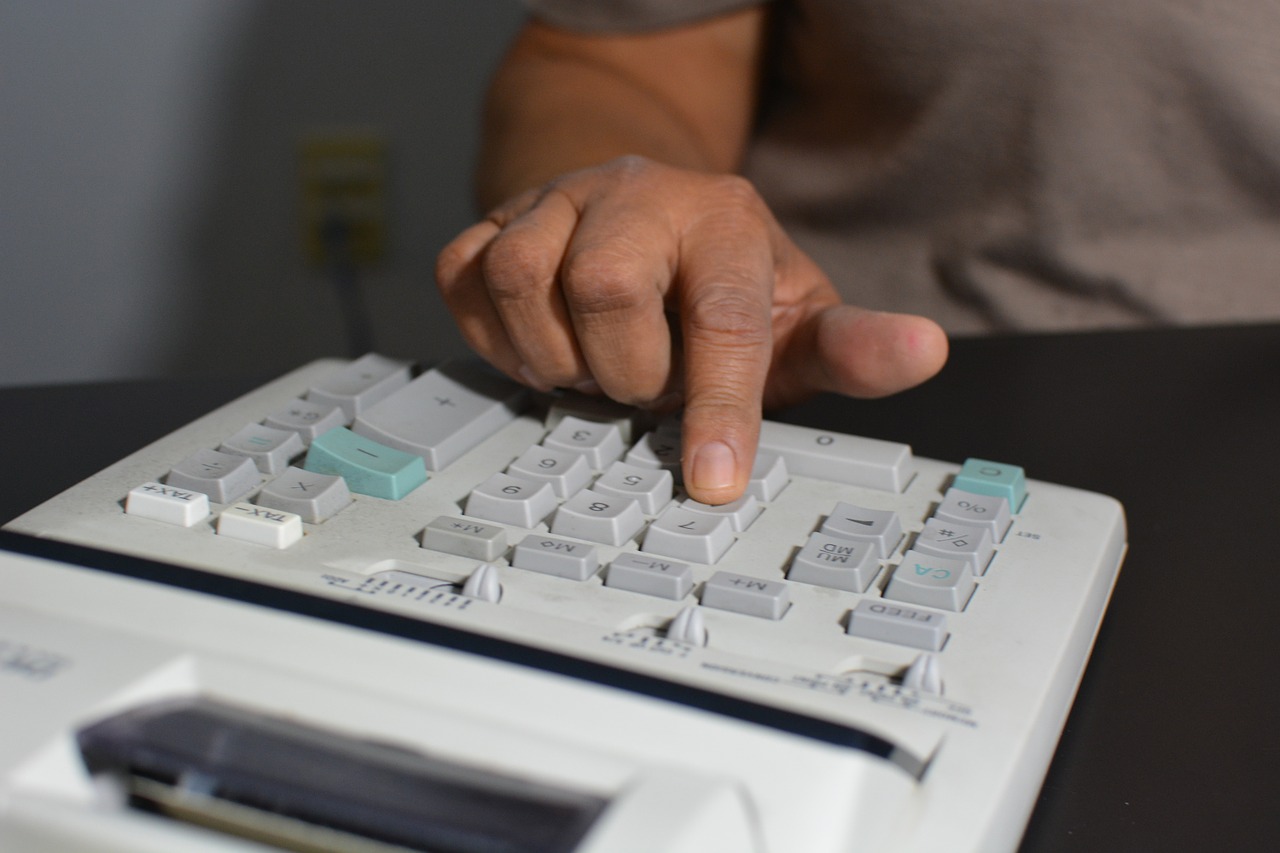
Hospice care is completely covered under Medicare, Medicaid, and most private insurance plans. 85% of patients use their Medicare Hospice Benefit to cover hospice services. In addition to the care provided by the hospice team, hospice provides medication, medical supplies, and medical equipment such as beds and wheelchairs.
In addition, after the patient has passed away, hospice bereavement counselors are available to support their loved ones in their time of mourning.
Hospice Myth #4: Hospice care is only for cancer patients. – FALSE!
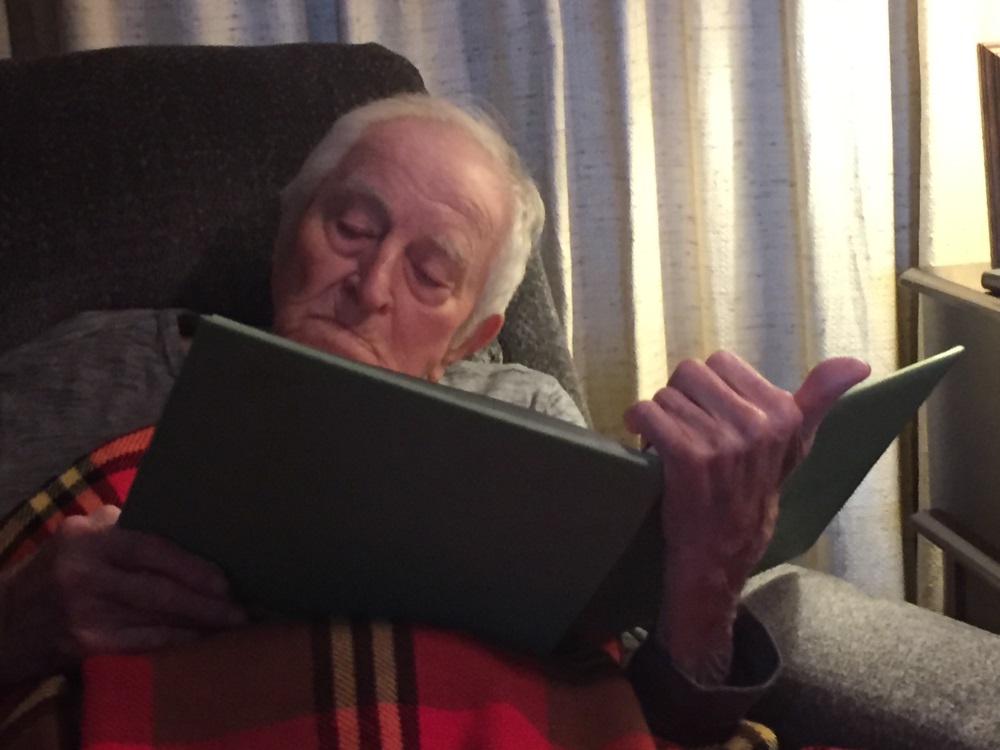
Hospice care is provided to patients with life-limiting illnesses including AIDS, Alzheimer’s disease and other dementia, cancer, cardiopulmonary disease, cerebral vascular accidents, kidney disease, liver disease, and neurological conditions.
A hospice consultation is an excellent way to determine if a patient is eligible for hospice care. The hospice consultation allows the patient and family to meet with a nurse to ask questions and discuss the options available to them. If they are not yet eligible or ready for hospice care, they may qualify for palliative care support.
For more information on hospice and what makes Crossroads different, please call at 1-888-564-3405. The Crossroads team is available 24 hours a day, 365 days a year.
Recommended Reading:
Scores and Scales: Understanding the Balance of Hospice Eligibility
If you found this information helpful, please share it with your network and community.
Copyright © 2017 Crossroads Hospice & Palliative Care. All rights reserved.

